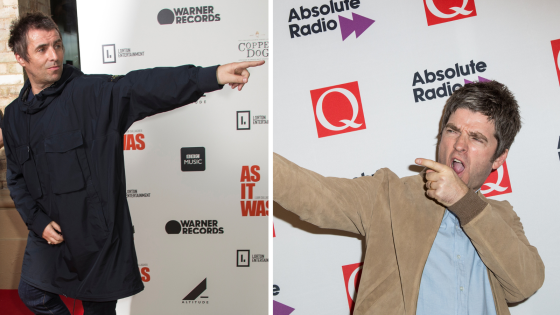The first 16 of the air force’s new F-35 fighters will be paid for out of the current federal budget, even though Canada isn’t expected to take delivery of the warplanes until 2026.
Defence Minister Bill Blair pointed to the investment on Monday while defending the Liberal government’s military spending plans before a House of Commons committee.
In testimony to Congress, a senior U.S. military official warned late last year that the delivery of stealth fighters ordered by Canada and other allies might be delayed because of ongoing technical problems with the aircraft.

The F-35 program’s executive officer, U.S. Air Force Lt. Gen. Michael Schmidt, told American lawmakers last December that the latest version of the fighter — known as Block 4 — was facing significant development challenges.
Because of testing and supply delays, the Pentagon’s F-35 project office followed up on Schmidt’s warning last month. It reported that the manufacturer, Lockheed Martin, will be able to deliver only 75 to 110 F-35s in 2024, instead of the 156 that had been expected.
Canada’s defence department still cites 2026 as the arrival date for Canada’s jets.
Blair testified Monday that the military’s current capital budget also includes money for the new C-330 Husky transport and refueling aircraft, as well as the P-8A Poseidon maritime surveillance planes.
Following the minister’s testimony before the committee, the country’s deputy top military commander, Lt.-Gen. Frances Allen, was asked about the shortage of fighter pilots.
MPs asked Allen for specifics but she said she was unable to state how deep the shortfall might be.
“I would say there’s currently less fighter pilots available than we … would currently wish to be able to do both [NATO and NORAD] missions that we have today, and the training for the transition to the new F 35,” she said.
In 2023, commander of the air force Lt.-Gen. Eric Kenny revealed in a interview with The Canadian Press that the branch overall was short nearly 2,000 full-time members and 500 reservists.
He warned at the time that unless things turned around, “there will be insufficient experienced pilots to effectively transition the force onto the F-35 whilst maintaining any meaningful combat capabilities in the remaining two CF-18 HEP II squadrons out to 2032.”
Last fall, a study funded by the defence department — a copy of which was obtained by CBC News — said the country’s fighter force was “in crisis.”
The report by the Royal United Services Institute, a British think-tank, also warned that under the current circumstances, “there will be insufficient experienced pilots to effectively transition the force onto the F-35.”
Source Agencies


